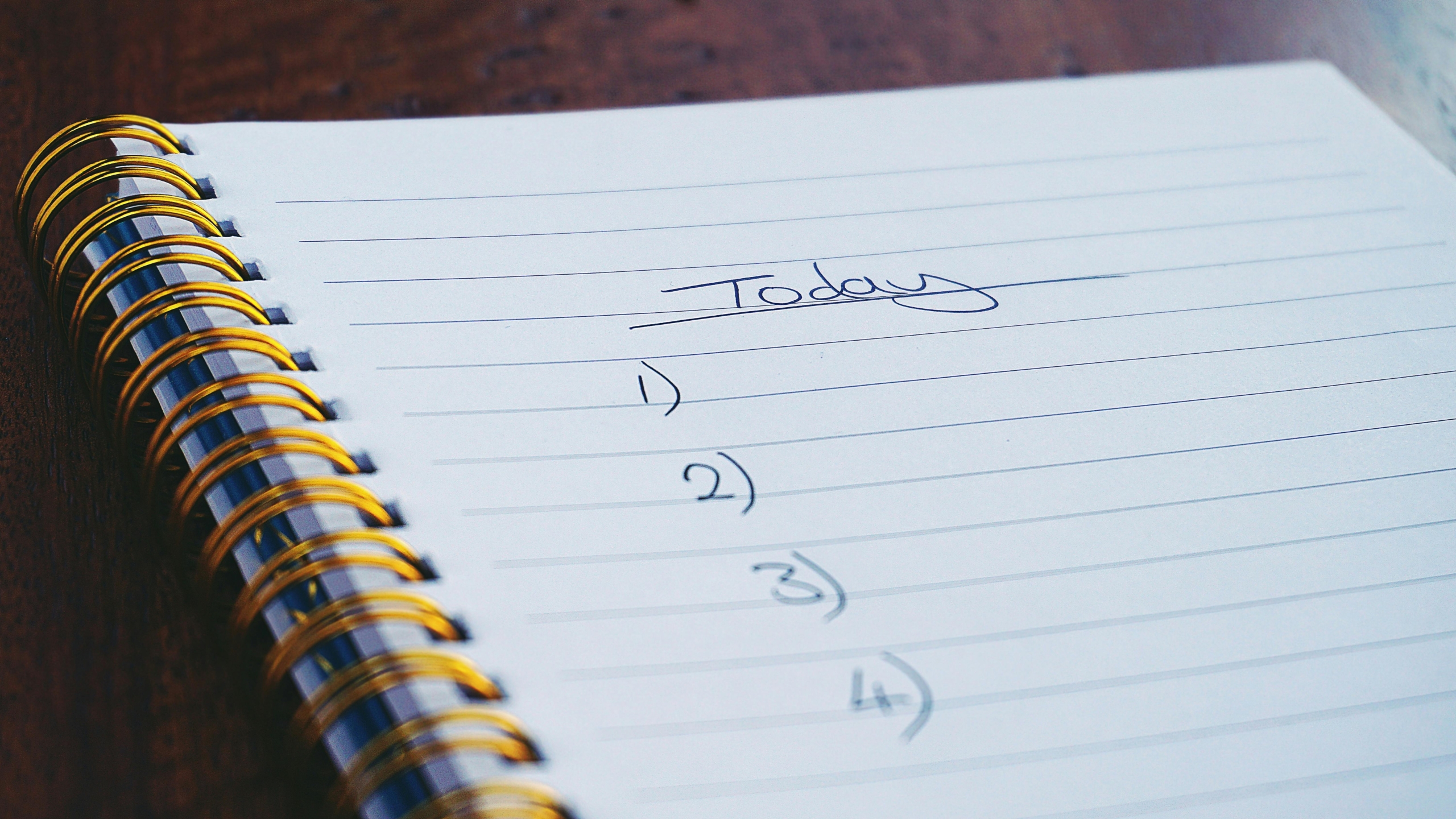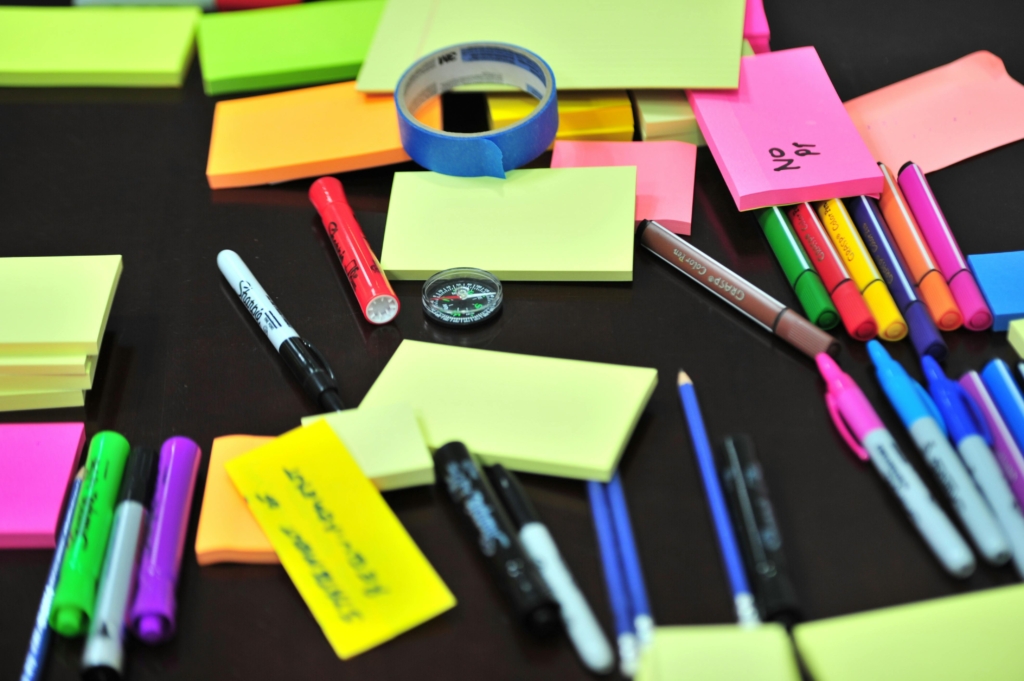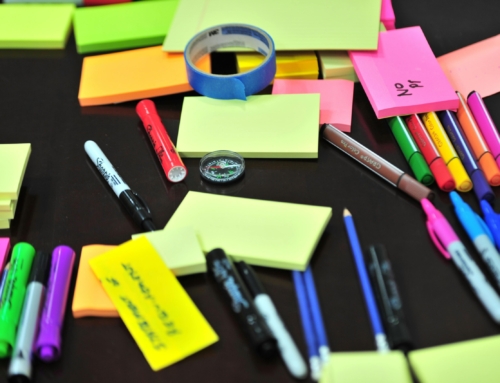Establishing a successful school routine is essential for academic achievement, personal growth, and overall well-being, and it is most effective to create this structure at the start of a brand new school year. A well-structured routine helps students manage their time effectively, reduce stress, and create a balanced lifestyle, and in this blog post, we are focusing on practical tips and strategies that students can implement during the month of September and onward to ensure a fruitful and successful year ahead.
Why is a School Routine Important?
A consistent school routine can benefit students in the following ways:
- A structured routine helps students allocate time for studying, extracurricular activities, and relaxation, ensuring a balanced lifestyle that allows them to complete their responsibilities and partake in their interests.
- Knowing what to expect each day reduces anxiety and eliminates the unknown, meaning that students can focus on completing their tasks and move onto more enjoyable activities without too many delays.
- Regular study habits and a consistent schedule contribute to better understanding and retention of material. If you review notes and concepts learned at the end of each day as part of your after-school procedure, then studying for tests will be a breeze because your brain is already very familiar with the material.
- A routine that includes time for physical activity, proper nutrition, and adequate sleep promotes overall well-being, as we touched on in our previous blog post.
How to Establish a Successful School Routine
- Set Clear Goals
Start by identifying what you want to achieve. Whether it’s improving grades, participating in extracurricular activities, or maintaining a healthy lifestyle, setting clear goals provides direction and motivation.
When setting any goal, it is most effective to use the acronym below as a helpful tool:
- S = specific
- M = measurable
- A = attainable
- R = relevant
- T = time-framed
- Create a Weekly Schedule
A weekly schedule provides an overview of your commitments and helps you allocate time effectively. It is a short enough time frame to be achievable and realistic, but also promotes future-oriented thinking.
Use the following steps to create an effective weekly schedule:
– List all your commitments for the week, including school hours, extracurricular activities, study time, meals, exercise, and relaxation.
– Prioritize the tasks by identifying the most important ones and allocating time for them first. This is a very important step and skill to cultivate!
– Be realistic, to ensure that your schedule is balanced and allows for downtime and fun as well. Don’t set yourself up to burn out!
– Use tools like planners, calendars, or digital tools like Google Calendar to organize your schedule. Make it look pretty so that you enjoy referring to it each day!
- Establish a Daily Routine
Within your weekly schedule, it is worthwhile to establish a daily routine that incorporates any self-care and mindfulness activities you like to incorporate in your life, as well as established times for meals and studying.
Examples of daily routines can be similar to the following:
– Morning Routine: Start your day with activities that set a positive tone, such as a healthy breakfast, a short burst of physical activity like a morning stretch or yoga session, and/or a few minutes of meditation.
– Afternoon Routine – Homework and Study Time: Allocate specific times for homework and studying, during periods of the day that you feel freshest and most motivated. Break tasks into manageable chunks and take regular breaks to stay focused.
– Extracurricular Activities: Balance academic responsibilities with activities you enjoy, such as sports, arts, or clubs. If possible, aim to complete your homework and studies prior to engaging in extracurricular activities so that you are not tempted to ignore your academic commitments at the end of a long day.
– Evening Routine: Wind down for the night with relaxing activities like reading, journaling, or spending time with family. Establish a consistent bedtime to ensure adequate, regular sleep.
- Create a Productive Study Environment
A calm, inspiring study environment is not only fun to create and decorate, if done right, it can become a source of refuge even amidst stressful academic commitments.
Some ideas for how to create a personal and relaxing study environment are as follows:
– Choose a quiet, well-lit area with minimal distractions. Make the décor as simple and low-key as possible. Keep the space free of clutter.
– Have all necessary supplies, such as textbooks, notebooks, and stationery, within reach.
– Use comfortable furniture, and try to ensure that you have a suitable desk and chair and are not relying on being on a bed.
– If you have made your weekly and daily schedules already, print them off and put them on the wall via a corkboard. This will make them easier to reference.
– Fill the walls with a few reminders of images that motivate you, or that simply bring you joy to look at. When you need a break for your eyes and mind, it will be helpful to have something pleasant and encouraging to look at.
- Review and Adjust
Regularly reviewing and adjusting your routine ensures it remains effective and aligns with your goals over time and as they develop.
Ask yourself questions like the following:
– What worked well about my weekly schedule and daily routine? What didn’t?
– Do I need to improve my overall efficiency when trying to complete tasks?
– Was my schedule balanced enough, or do I need to establish more break/rest time to stay motivated?
You may also ask for feedback from your parents, teachers, or peers to gain different perspectives and see if they have noticed a change in you since implementing a new routine.
Establishing a successful school routine requires planning and consistency, but also flexibility. A well-crafted routine is a dynamic tool that evolves with your needs and goals, and it can make all the difference in how successful your upcoming academic year will be. Embrace the process and enjoy the journey!
Start Today
When you have time after reading this post, sit down with a piece of blank paper or with the Notes app open on your phone. Make a list of 3 techniques you plan to use this year to establish a more effective study routine. Examples can be establishing a consistent bedtime, starting to carve out a dedicated study space in your home, or planning your schedule for just the first day of school as a start. Good luck!







